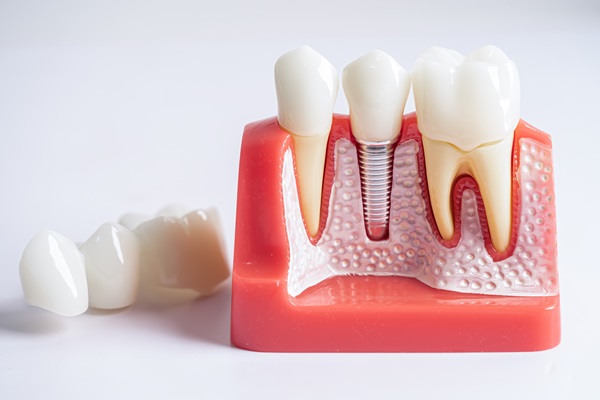 Dental bonding is a non-invasive type of dental restoration. It is a versatile treatment that can be used to fix discolored, cracked, or chipped teeth. The composite is typically applied directly to the patient’s teeth and the treatment is completed in as little as 45 minutes.
Dental bonding is a non-invasive type of dental restoration. It is a versatile treatment that can be used to fix discolored, cracked, or chipped teeth. The composite is typically applied directly to the patient’s teeth and the treatment is completed in as little as 45 minutes.
Composite restorations can also be made at a dental lab then cemented to the damaged teeth. This approach requires two trips to the dentist, and it is not as commonly used as directly applying composites. Continue reading to learn more about what to expect during a dental bonding restoration.
What happens during a dental bonding appointment
Getting teeth repaired with composites starts with a consultation with a dentist. The patient’s mouth is examined to determine whether dental bonding is the right approach to the patient’s issues. Problems that can be addressed with composites can typically also be fixed with fillings, crowns, or veneers. The dentist’s job is to figure out which approach works best for the patient and their budget.
The dental bonding process
Dentists rarely use anesthetics when repairing teeth with dental bonding since the process does not cause any pain. The exception is typically when a decayed tooth is being repaired since it needs to be cleaned. Such a tooth will be numbed before the dentist starts the treatment so the patient does not feel pain as the dentist removes decayed parts of their tooth.
The composites used for bonding are made from plastics and glass, and their color can be matched with the shade of the patient’s natural teeth. The dentist uses a shade guide to match the composite with the color of the patient’s teeth.
Before applying the composite to the patient’s teeth, an etching solution will be used to roughen the tooth’s surface; this makes it easier for the composite to adhere to the tooth’s surface. Once the surface has been prepped, the composite is placed on the tooth and molded as needed. The dentist typically does this in layers to create a stronger restoration. The dentist uses a special ultraviolet light to harden the composite and polishes it to make it shine like a natural tooth. The procedure usually takes between 30 to 60 minutes.
Repairing teeth with composite bonding provides a variety of benefits like:
- Composite bonding provides an affordable way to fix a wide range of dental issues
- The process can be completed during a single visit to the dentist
- Local anesthetics are typically not needed
- It does not require making any alterations to natural teeth
- Composites can last upwards of five years with good oral hygiene
- Repairs made with composites can be touched up as needed
Restore your teeth with dental bonding
Composite dental bonding is an affordable way to fix dental issues before they develop into something worse. Call or stop by our Johns Creek clinic to schedule a consultation.
Request an appointment or call Johns Creek Dentistry at 770-623-1427 for an appointment in our Johns Creek office.
Recent Posts
Different restorative dental procedures like dental bonding are available to help people achieve a safe and appealing smile. Dental bonding is a highly efficient and relatively simple dental procedure. The process uses unique composite resins to enhance the appearance of a person's smile, and the dentist can complete the procedure in only one appointment.Dental bonding,…
Licensed dentists often recommend dental bonding to repair minor to moderate concerns with front visible teeth because the bonding material has many similarities with natural teeth. Dental bonding can protect the deeper layers of teeth, withstand the daily pressures teeth receive, and match the ideal shade of teeth.It is beneficial to understand how dental bonding…
Dental bonding is a great way to address oral health and cosmetic issues like damaged enamel and chipped or cracked teeth. Read on to learn more about dental bonding. Dental bonding is minimally invasive and considered safe for patients.Every patient should evaluate all available types of restorative dentistry to address their specific oral health concerns…


